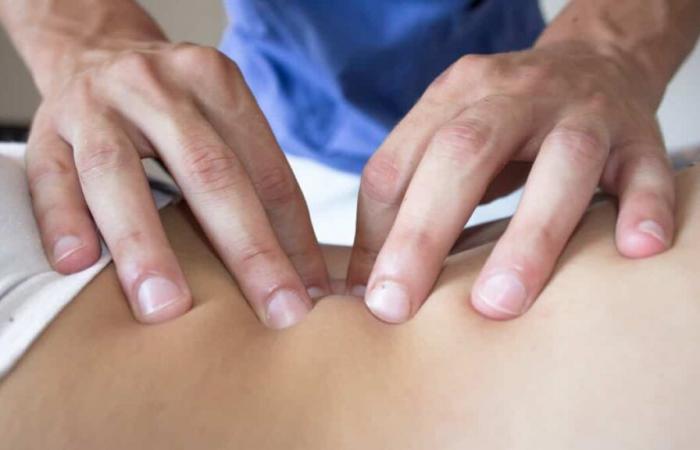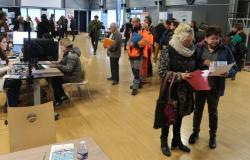Ostéopathie Québec reiterates its wish to see the profession taught at university to allow better supervision and better homogeneity in the quality of the exercise.
“Currently, the profession is not regulated at all, so osteopaths are trained in private schools and the quality of these schools really varies from one school to another,” established Karine Devantéry, president of the board of directors at Ostéopathie Québec, in interview at LCN.
Osteopathy is a complementary profession to physiotherapy or kinesiology, she explained, and aims to restore maximum mobility to the different structures of the body through manual therapy.
“What we would like, of course, is for the training to become university level, but it is not only us who want that. This is a wish that was formulated in the opinion that was submitted by the Office des professions du Québec in 2022,” she continued.
The Office advocated the creation of a professional order for osteopaths and recommended that there be university training including 3,100 hours, with clinical practice.
It is in this sense that UQAM decided this year to offer two second cycle microprograms for osteopaths, a good start for the president.
“It’s really a first step in [bonne] direction. […] I think that the choice to do a microprogram was a choice that was entirely appropriate given the fact that we are entering university. So, Ostéopathie Québec sees the deployment of these microprograms in a very positive light for the future,” she explained.
The Minister of Government Administration and the Treasury Board, Sonia Lebel, spoke out last spring during the study of budgetary appropriations, mentioning that she wanted this issue to be resolved by the end of his mandate, that is to say in the fall of 2026.
“We find that the issue is moving really slowly at the moment and what we would like is for the different stakeholders to sit down at the same table to propose a clear and concerted action plan for the future. , because we don’t really know what the next step is,” she continued.






